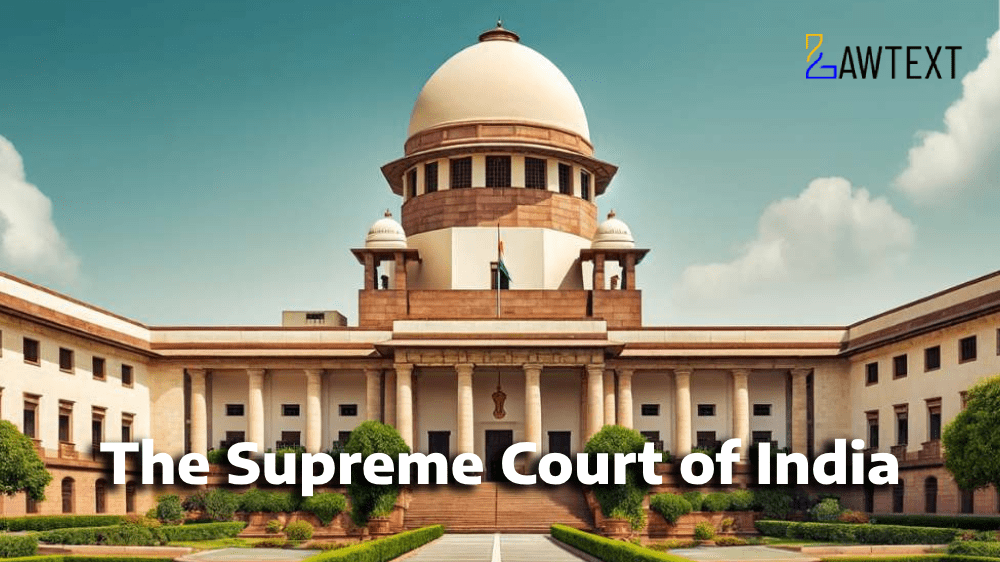

The Supreme Court addressed the treatment of broken period interest for tax purposes. The issue centered on whether broken period interest could be deducted as revenue expenditure by banks when purchasing government securities. The Court considered the nature of securities as either investments or stock-in-trade and whether interest paid on them should be treated as capital or revenue expenditure.
Issue of Broken Period Interest (Para 2-5):
The main contention was whether banks could claim a deduction for broken period interest paid when purchasing government securities. The appellant Bank of Rajasthan treated these securities as stock-in-trade and claimed deductions for broken period interest.
Applicability of Income Tax Act Provisions (Para 5-9):
The Court examined sections of the Income Tax Act, including the now-repealed Sections 18-21. Post-repeal, the income from securities was governed under Sections 28 (Profits and Gains) and 56 (Income from Other Sources). The appellant argued that broken period interest should be deducted under Section 28.
Previous Jurisprudence (Para 10-14):
The Court reviewed prior decisions, including Vijaya Bank Ltd. and American Express International Banking Corporation. The latter case held that after the repeal of Sections 18-21, broken period interest could be deducted as revenue expenditure. The Bombay High Court's view, distinguishing Vijaya Bank, was crucial here.
Stock-in-Trade vs. Investment (Para 15-17):
The Court upheld that banks treat securities as stock-in-trade in the ordinary course of business. The purchase of securities and the interest accrued, including broken period interest, is an integral part of banking activities and constitutes a revenue expenditure.
Ratio Decidendi (Para 18):
The Court held that broken period interest forms part of a bank’s revenue expenditure when securities are held as stock-in-trade. This aligns with the well-established banking practice and commercial principles of treating such securities as part of the normal banking business, not as capital investments.
Acts and Sections Discussed:
Income Tax Act, 1961:
Banking Regulation Act, 1949:
Provisions relating to statutory liquidity ratio (SLR) and classification of securities (HTM, AFS, HFT).
Subjects:
Citation: 2024 LawText (SC) (10) 165
Case Number: CIVIL APPEAL NOS. 32913294 OF 2009
Date of Decision: 2024-10-16
Case Title: Bank of Rajasthan Ltd. Versus Commissioner of Income Tax
Before Judge: (Abhay S Oka J. , Pankaj Mithal J. )
Appellant: Bank of Rajasthan Ltd.
Respondent: Commissioner of Income Tax